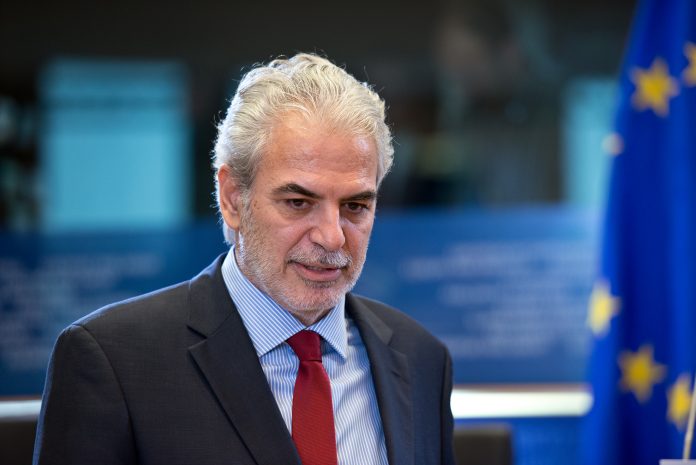The European Commission on December 7 announced new humanitarian aid of €25m to support civilians in Yemen, which is facing the worst humanitarian crisis in the world. This brings the total EU funding to €196.7m since the start of the conflict in 2015.
The current measures restricting humanitarian and commercial access together with the intense armed clashes and air strikes reported from Sana’a over recent days are threatening to deprive people even further from food, water and basic services.
“Children, women and men urgently need access to food, water and medical services in Yemen,” said Christos Stylianides, Commissioner for Humanitarian Aid and Crisis Management. “All parties to the conflict must give priority to protecting civilians and allow humanitarian aid to get to the people. Unless all restrictions on imports of food, fuel and medical supplies are lifted immediately, Yemen will suffer the largest famine in the world in decades. The EU is committed to supporting the Yemeni people. Our new funding will support key UN agencies working on the ground.”
According to a Commission press release, the new aid will support the distribution of food by the World Food Programme as well as humanitarian logistical and transport capacity by the United Nations Humanitarian Air Service (UNHAS).
The EU has also provided humanitarian assistance to Yemen during this year for the Cholera outbreak that affected several parts of the country.
In Yemen, 22.2m people are now affected. This is 80% of the country’s population. Yemen relies on commercial imports for 90% of its food and most of the fuel and medicines needed. A shortage of fuel reported since the onset of the restrictions is increasing food prices and disrupting the supply of safe water and sanitation to millions of Yemenis.

